CherISH
Cochlear Implants and Spatial Hearing
Enabling access to the next dimension of hearing
Our MSCA doctoral network will form a strong group of scientists and engineers with longstanding experience in CI development, implantation, rehabilitation, and complementary disciplines.
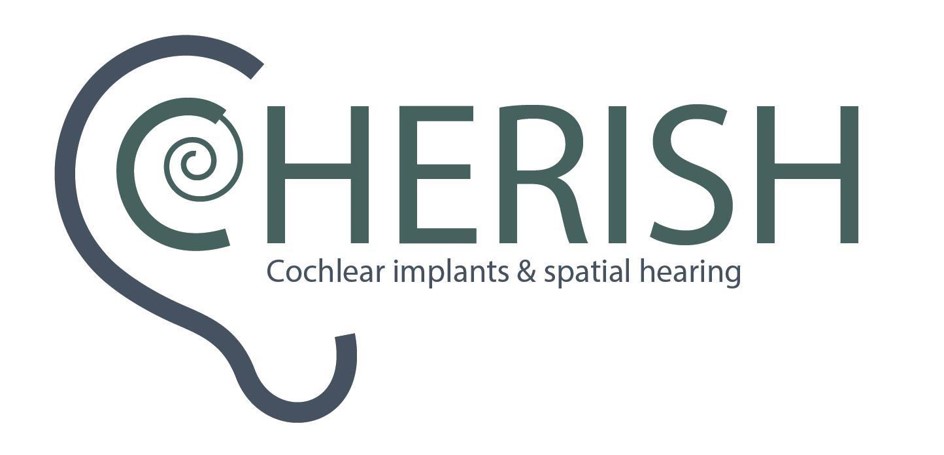

Members of the Consortium CherISH:
Partners:
- University of Tübingen (UT) – Coordinator
- University Claude Bernard Lyon (UCBL)
- Austrian Academy of Sciences (ÖAW)
- Catholic University of Leuven (KUL)
- Cochlear Benelux NV (CBNL)
- Nemo Labs (NemoLab)
- University of Trento (UNITN)
Associated Partners:
- Imperial College London (ICL)
- Reactify Music LLP (REACT)
- TTK Research Center for Natural Sciences (RCNS)
- Budapest University of Technology and Economics (BME)
- University of Vienna (UNIVIE)
Funded by the European Union
EU contribution: €2,630,361.60
Countries involved:
Austria, Belgium, France, Germany, Hungary, Italy, United Kingdom
12 Doctoral Candidates (DC)
Start date: March 1st, 2024
Duration: 48 months


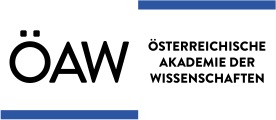
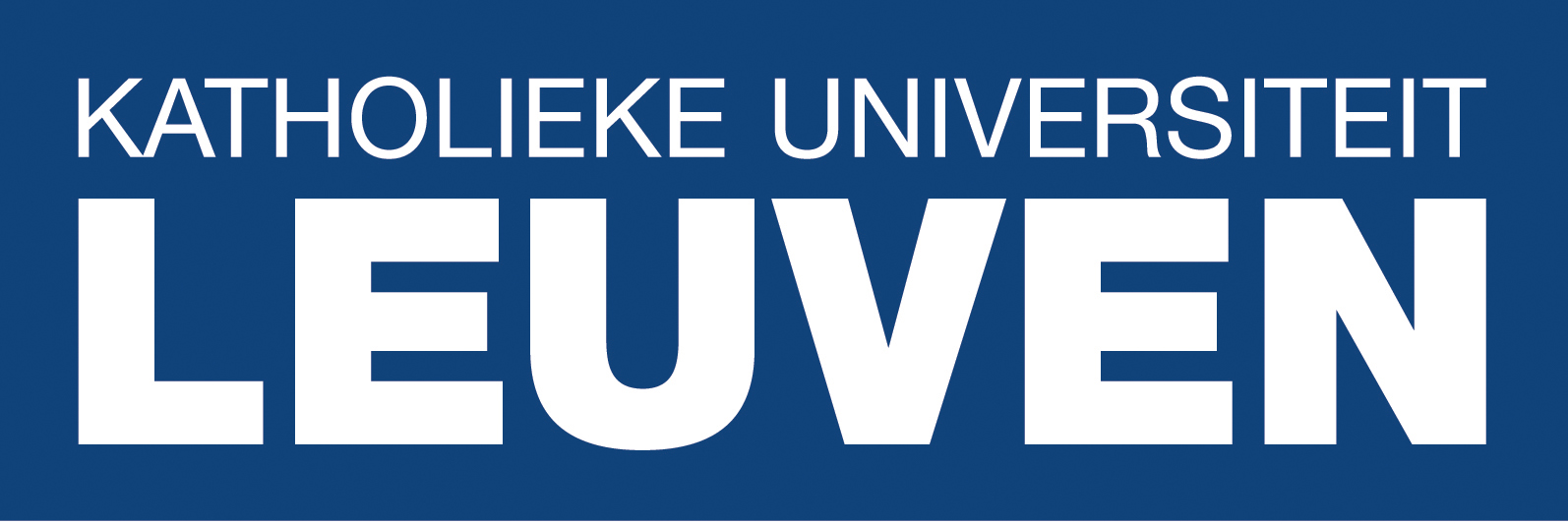



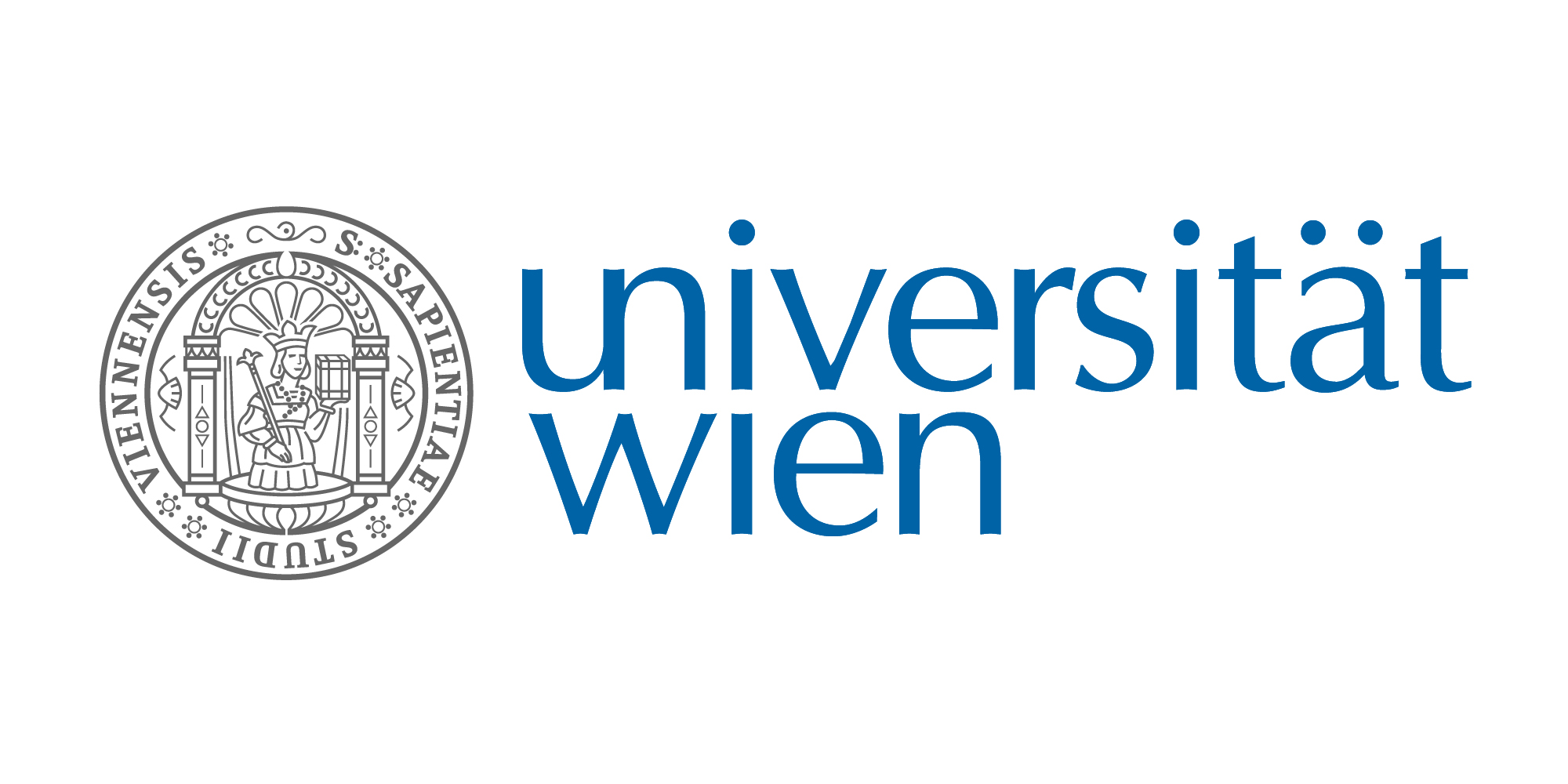
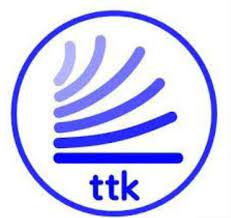



Over view of the research programme
Spatial Hearing is essential for differentiating between sound sources or to pinpoint the origin of sounds) and helps us to drect our attention in space between different individuals in a social context. Even though the deafness caused by the loss of hair cells in the cochlea can be remedied in lany cases by Cochlear Implants (CIs), spatial hearing can only be restaured to an insufficient extent to date. CI record sounds via a microphone and stimulate electrically the auditory nerve in a sound frequency-dependant manner. Thus, CI bypass the processing in the middle and inner ear.
Objectives of CherISH
The objectives of the MSCA EU-funded Doctoral network CherISH, converge on the overall aim to not only investigate spatial hearing (SH) in cochlear implant users but improve it, using (1) technically enhanced CIs, (2) assistive systems, and (3) individually tailored training programmes.
This interdisciplinary research (medicine, psychology, machine learning and engineering) will be framed by structured work and training programs that will merge the expertise of each field and establish an environment of creative ideas, innovations and collaborations. Specifically, beneficiaries CBNL and KUL and the associated partner BME have long-standing technical experience in developing communication aids including cochlear implant for the elderly and hearing impaired. While the beneficiaries UT and UCBL are directly involved in the care of hearing-impaired patients, UT and RCNS pursue a neurophysiological approach to study the mechanisms of sensory rehabilitation. Psychology-based training for directional hearing is developed by beneficiaries UCBL, UNITN and ÖAW and employing associated partner ICL. The latter collaborate closely with partners Nemo Lab (4DSound), BME and REACT on topics of sound technology and with beneficiary UT on artificial intelligence.
To read more about the 12 Research Projects:
The research program will be realized by 12 doctoral candidates (DCs) located at one of the 6 academic and 2 non-academic beneficiaries. DCs will be supported by academic and non-academic Associated Partners with background in psychology (RCNS: Winkler, UNIVIE: Ansorge, ICL: Picinali) and engineering (BME, REACT). The planned Doctoral Network (DN) will form a strong group of scientists and engineers with longstanding experience in CI development, implantation, rehabilitation, and complementary disciplines.
Project 1
UT
Project 2
UT
Project 3
UT
Project 4
UCBL
Project 5
UCBL
Project 6
ÖAW
Project 7
UNITN
Project 8
KUL
Project 9
CBNL
Project 10
Nemo Labs
Project 11UK
ICL
Project 12UK
ICL
We are actively looking for PhD candidates!!!
Interested? Please apply to one of the 12 PhD positions.
More informations below
